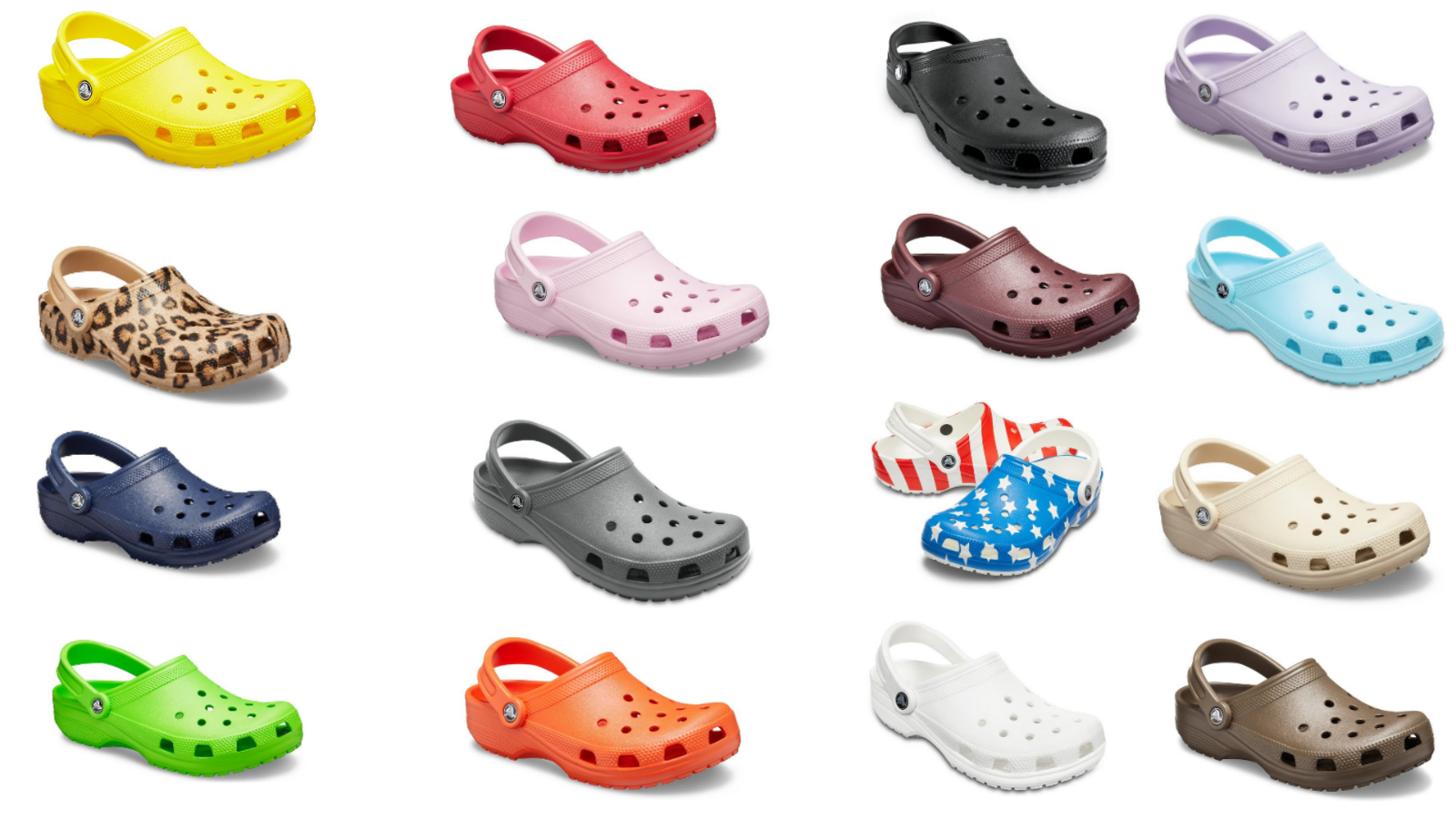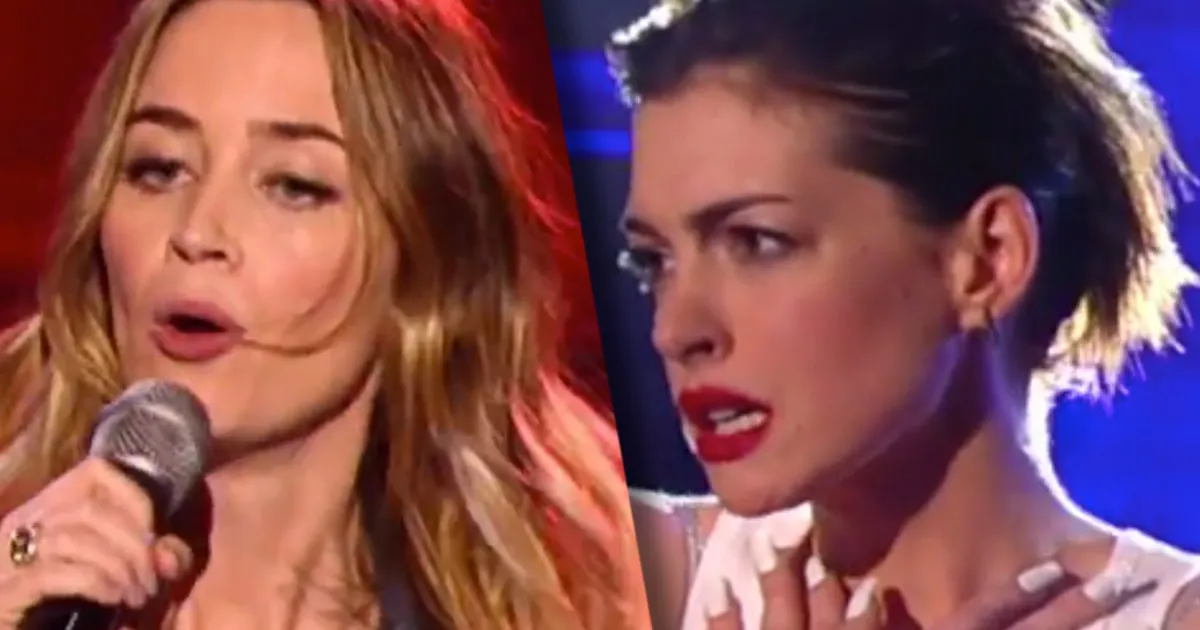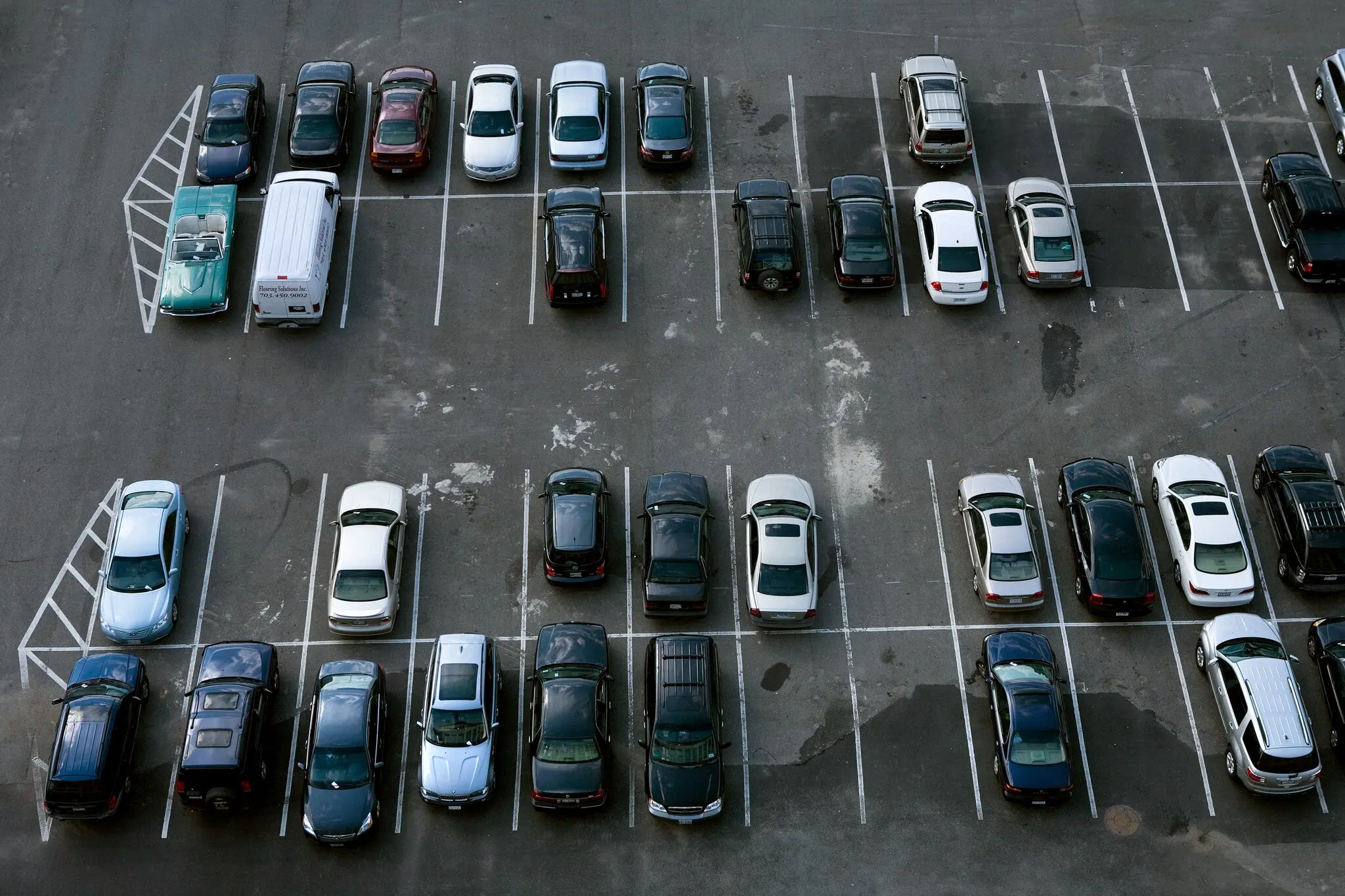I like Rudolph the Red-Nosed Reindeer and Dumbo a lot.
These are stories in which protagonists who look decidedly different from their counterparts ultimately accept their oddities and differences, and in doing so, force the world embrace and celebrate their oddities and differences as well. These are stories in which differences are honored. Diversity proves to be essential.
At first blush, you might think that The Ugly Duckling is a similar story, but no. It’s not even close.

The Ugly Duckling is actually a story about conformity, a process that I very much despise. In the end of the story, the ugly duckling transforms into a beautiful swan, thus unburdening itself of its oddities and differences through a blending in with those around him.
The duckling finds acceptance from its peers through that awful and pervasive process of conformity.
There are no celebrations of differences here. No glorious victory of the strange over the common. No big-eared, red-nosed act of heroism. Just a duckling-turned-swan who finds happiness by emulating others, and through no real effort of his own.
The message is clear: The solution to your problems, children, is to find a way to look like everyone else. Find a way to appear conventionally beautiful and your troubles will be over.
I found this utterly depressing. This classic children’s tale is nothing more than a treatise on the importance of conformity. Acceptance through imitation. The stripping of individuality in favor of submission to the collective.
It’s a disgusting book. Truly.
I don’t believe in the banning of any books, but if I were forced to ban a book from school libraries, it might be The Ugly Duckling. The duckling may be ugly, but the story itself is far uglier.






